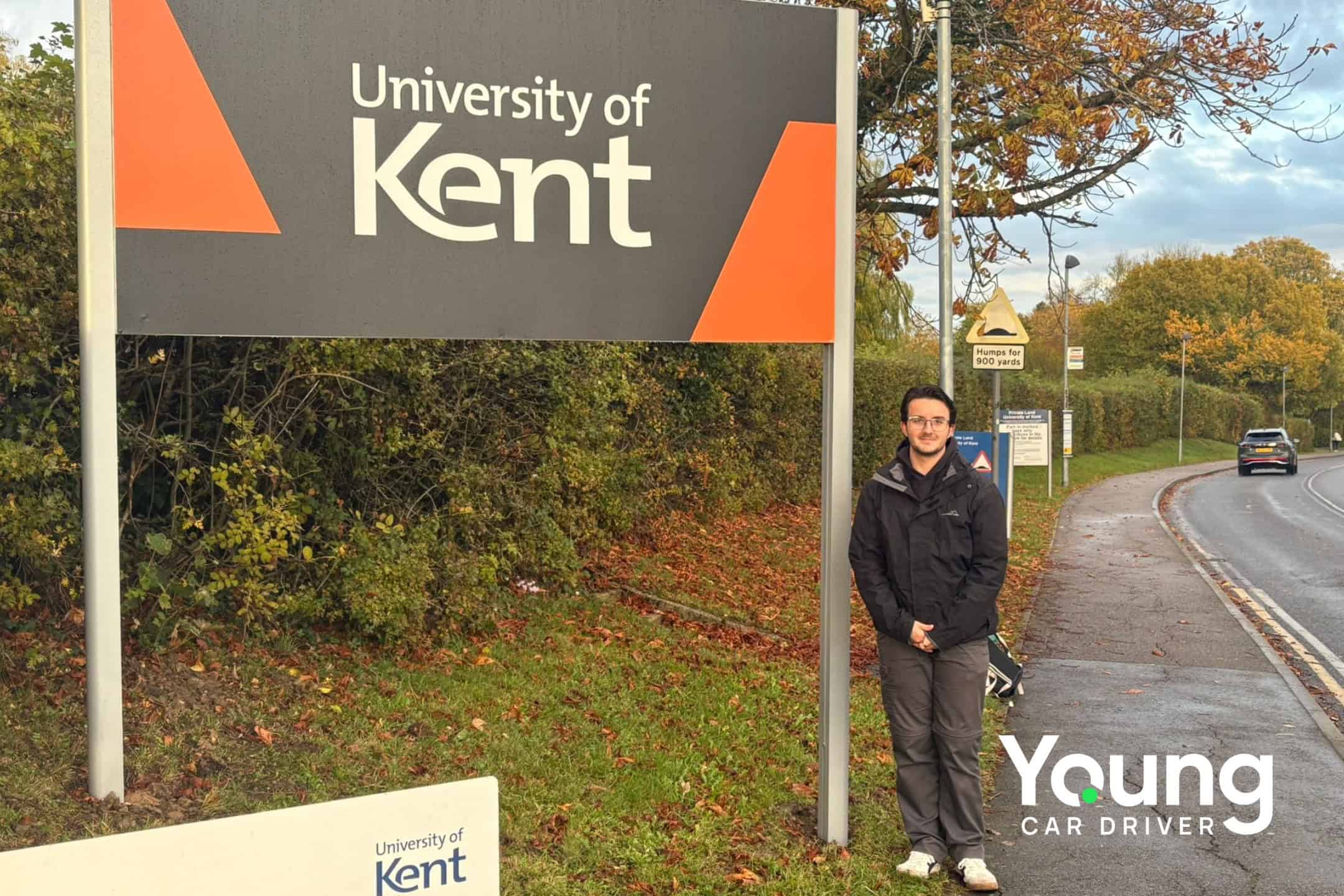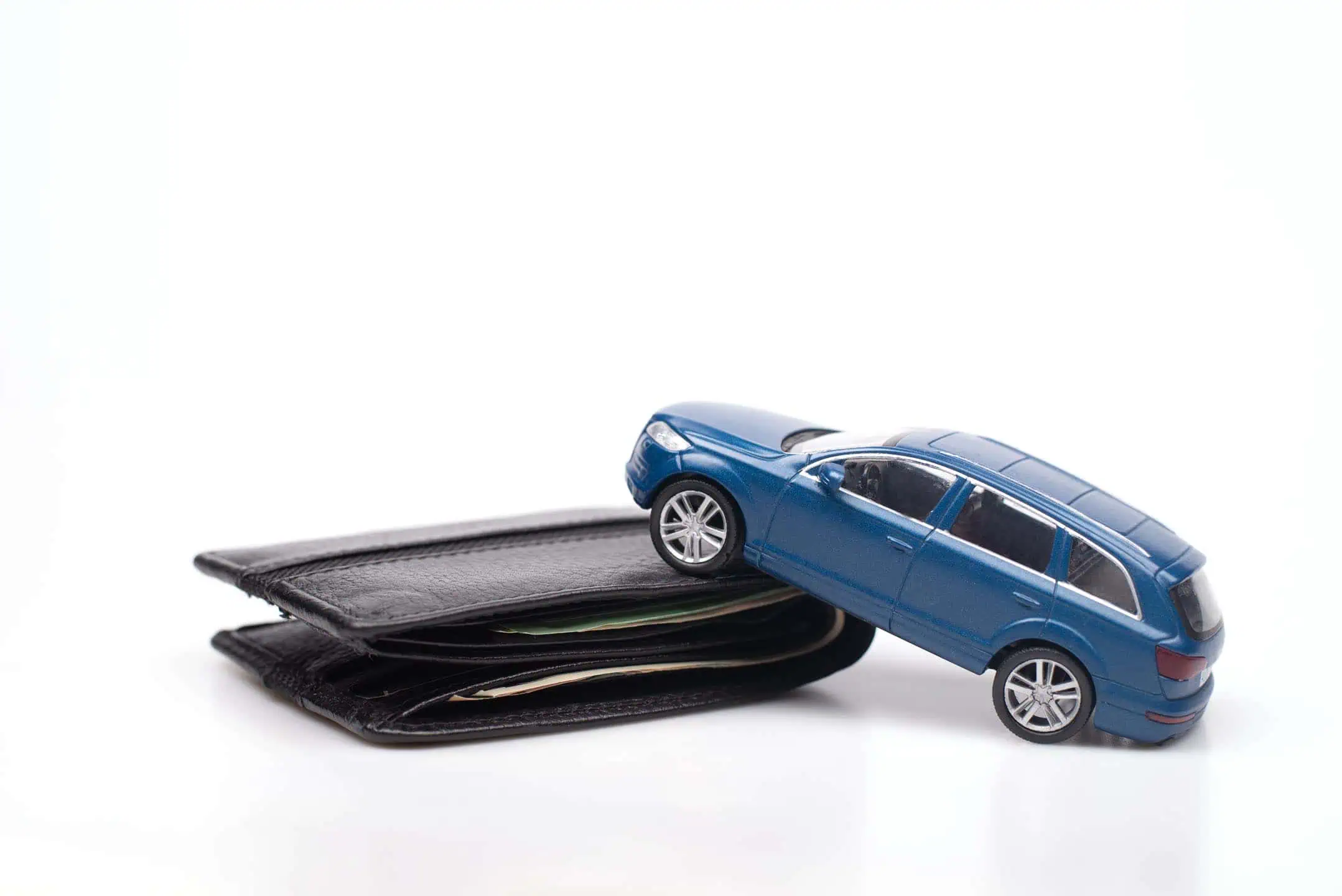Wondering how much it’ll cost you to buy and own a car? Our car finance expert, Verity Hogan, shares her top tips for creating a realistic car budget
Overestimate your expenses
First things first, you need to work out how much can you afford to spend. Got a figure in mind? Good. Now, double it.
While you might think that’s overkill, most of us underestimate how much it’ll cost to buy and own a car.
It’s not just your finance repayments that need to fit into your monthly budget, you’ll also need to cover big expenses like your annual insurance premium as well as those small payments that add up like parking at the gym or getting that faulty indicator fixed.
When it comes to working out your car budget, don’t be tempted to underestimate. While telling yourself that your car will only cost you £200 a month might sound good, your bank balance will be screaming if the real figure is more like £350.
Consider fuel efficiency
When you’re touring dealership forecourts or scrolling car listings online, you might think about comparing used vs. new or green vs. blue, but don’t forget to think about fuel type.
You could choose an electric car or hybrid, but if you’d rather stick with petrol then the size of the engine will make a difference (when it comes to fuel consumption, size really does matter!)
The general rule of thumb is the bigger the car, the more fuel it’ll burn through. That means a 4×4 or family estate will leave you paying much more at the pump than a one-litre supermini.
If you’re looking to keep costs down when buying your first car, prioritising fuel efficiency can make a big difference to your everyday spending.
Save a deposit
One of the easiest ways to reduce your monthly car finance payments is to reduce the amount you need to borrow in the first place.
How can you do that? Put down a good deposit.
No deposit car finance is available but, generally speaking, a deposit of around 10% is considered good. The more you can put down upfront, the easier it might be to fit your repayments into your budget.
Your deposit could come from your savings, the proceeds of a part-time job, or – if you’re very lucky – a gift from a family member.
Bag a bargain
While you might be dreaming of a brand-new car with all the latest tech and that coveted new car smell, you might find your budget goes further if you opt for a used model instead.
Thanks to depreciation, a car that’s just three or four years old can be a lot cheaper than one that’s just rolled off the production line, so you might not even have to give up that state-of-the-art stereo or built-in Satnav when buying a nearly new model.
And once you’ve found your dream second-hand wheels, don’t be afraid to negotiate. The best way to bag a bargain is to have a reasonable figure in your head that you won’t go over and start the negotiation with a number that’s a little below it.
Don’t throw out a figure that’s insultingly low as it’ll get things off on the wrong foot. Do your research so you know roughly how much similar cars are selling for to help you find your top limit.
What should I include in my car budget?
Now it’s time to crunch the numbers. Here are the most common expenses that you should include in your calculations when you create your car budget:
Car Finance Payment
No matter whether you choose to buy your new set of wheels with a Hire Purchase (HP) agreement, Personal Contract Purchase (PCP) deal, or personal loan, your repayments will likely take up a chunk of your monthly budget. With most finance agreements, you’ll need to pay a fixed amount each month for as long as your loan term lasts.
Insurance
The next biggest expense will likely be your car insurance premium. As a young driver, you’ll face the highest premiums so it’s important that you factor these costs into your car budget. That being said, there are ways that you can secure cheaper car insurance as a young driver.
Fuel
If you want to drive your new wheels, then you’ll need to pay for fuel. The exact amount you’ll need to pay will depend on whether you have an EV, hybrid, petrol, or diesel, and how big the engine is as well as how far you drive.
Parking
Each time you take your car out for a spin, you’ll need to consider paying for parking. Depending on where you live and where you drive your car, you might need to pay each time you head to the shops, while you’re at work or uni, or when you’re travelling further afield and need to park up at the train station or airport. When calculating your car budget, try to factor in your regular parking needs as well as potential one-off payments.
Tax
To drive on UK roads legally, your wheels will need to be taxed. Depending on the type of car you have and how you choose to pay the tax, this will be at least a couple of hundred pounds each year. You can choose to pay in one single payment, two due six months apart, or in monthly instalments.
MOT and service
If your car is over three years old, you’ll need to get an MOT each year. It’s also a good idea to book your car in for a regular service, at least annually but maybe more often if you drive a lot of miles. Franchised garages tend to be more expensive than your local mechanic but you’re still looking at a bill of £150 or more.
Repairs
Even the most careful drivers run into mechanical issues every so often. It might be a flat tyre from hitting a pothole, a light bulb in your headlight that needs replacing, or something more serious like an issue with your electrics. Keeping your car well maintained can help save you some money in the long run, but you should have a car repair emergency fund ready to go just in case.




